ABUSE
COMMITMENT ON ABUSE
People with an intellectual disability need a place to go where they can have fun and enjoy the physical and social aspects of participating in sport. These guidelines are to ensure that they are also safe from any kind of abuse. We thank you for reading these guidelines and we are willing to discuss them with you.
It is important that you note that these guidelines do not stop or interfere with coaching and volunteering activities. They don’t “outlaw” warm relationships, friendly interactions or fun times. But they do seek to establish boundaries within which volunteers and athletes can feel safe and secure.
DISCLOSURE OF ABUSE
Tragically, people with disabilities are the most victimized group in our society. Most of the people who victimize people with disabilities are those in care providing (parental, staff and volunteer) roles. The relationship between an athlete and a volunteer is one of trust. In the context of this relationship, a person with an intellectual disability may disclose abuse. Unlike the inappropriate sharing of personal information, the volunteer here is encouraged to take the report following a certain set of parameters.
Guidelines for the Disclosure of Abuse
- When the person begins to tell you about abuse, physical, sexual or emotional, tell them that you want to hear what they have to say, but that you are going to have to report this conversation to Special Olympics Ontario who will in turn report it to the police.
- Should the athlete then say that they don’t wish to tell you, say, “I’m still going to have to call someone because I’m worried that you aren’t safe.”
- Should the athlete continue, reassure the person that they are doing the right thing by telling you.
- At no time should you ask questions about what happened. Questions that add information like, “Did he touch you on your breast?” or “Did she hit your face?” must never be asked. If an answer is incomplete, you can then say, “Tell me more,” but no leading questions can be used.
- If you aren’t sure of what someone said, repeat what you have heard and encourage them to correct or continue.
- Immediately after, write down the gist of the conversation making special note of the fact that no questions were asked.
- If you believe the person to be at continued risk, for example they live with the alleged abuser, call the police immediately.
- If the person is not at immediate risk, call the Special Olympics Ontario representative who will help you take this information to the appropriate authorities.
- Ensure that the person knows that they are not at fault for what happened.
- Thank the individual for trusting you enough to tell you what is going on.



